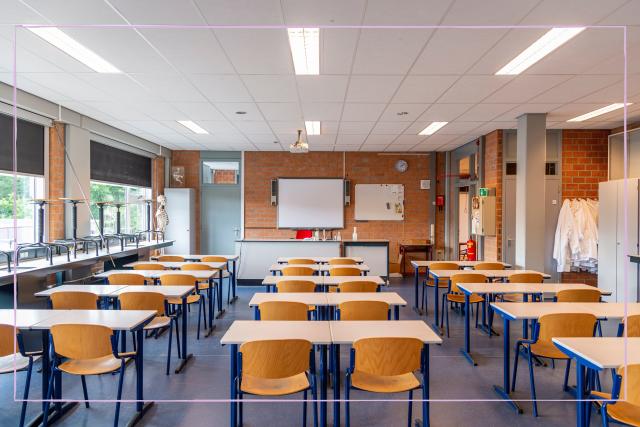In recent times, a significant safety concern has Schools Affected By Unsafe Concrete
arisen within the educational sector of the UK due to the discovery of unsafe
reinforced autoclave aerated concrete (RAAC) in school buildings.
RAAC, a lightweight construction material use predominantly between the 1950s and the mid-1990s,
has been found to be prone to deterioration and potential collapse, prompting urgent assessments and actions.
A comprehensive list of schools affect by this issue has been publishe by the Department for Education,
following increased scrutiny and demand for transparency.
As of the latest updates, numerous schools across England have been identify with RAAC issues, leading to closures, Schools Affected By Unsafe Concrete
delays in term start dates, and shifts to remote learning in some cases to ensure student safety.
Among the schools listed, several have been highlighte for immediate concern. These include Mayflower Primary School in Leicester,
which has had to relocate pupils temporarily to other facilities equipped with mobile units.
Similarly, institutions like St Thomas More Catholic Comprehensive School and Godinton Primary School have also been impacte,
with structural assessments and remedial plans being urgently discusse and implemente.
The government, educational authorities, and school administrations are actively engage in addressing these concerns. Measures are being put into place to mitigate risks, with some schools receiving funding for necessary
renovations or complete rebuilt to secure the infrastructure. The situation remains dynamic, with ongoing evaluations likely to identify additional schools needing intervention.
The situation has garnered significant attention, stressing the importance of maintaining robust and safe educational
environments and has sparked discussions about the adequacy of funding and attention to infrastructure within the educational sector.

